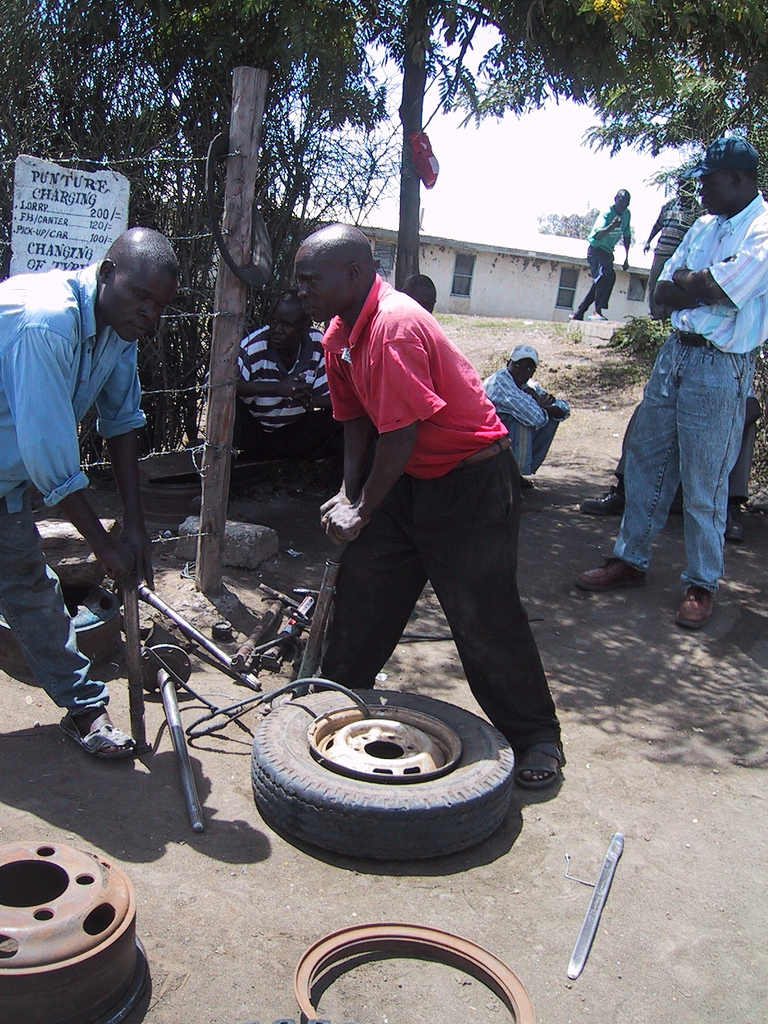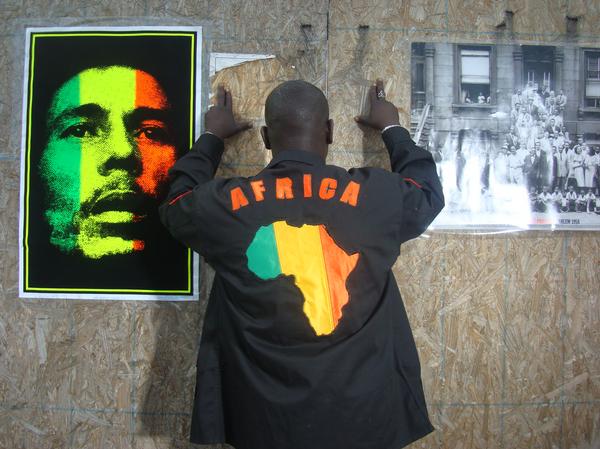
East African Traveler
One night while on the road, I found myself in an unnamed hostel bar in some East African town striking up a conversation about freedom of the press.
It was a reckless move. Especially when traveling, I have a general principle to refrain from talking any politics whatsoever with anyone in an establishment of higher refreshment. After all, I didn’t know the two Kenyan gentlemen who sat next to me from Adam, and they had just met themselves after overhearing each other speak Kikuyu.
Nevertheless, I continued to run my mouth about the recent high media drama in Nairobi, even though, for all I knew, these guys could have been high-ranking members of the Mount Kenya Mafia. (Some of us journalists excel in wheedling information out of people, but that doesn’t mean we learn when to keep our own mouths shut!)
Anyway, the elder of the two suddenly posed a question of great significance: “So tell me then which country—Uganda, Kenya, or Tanzania—has the most freedom of the press?”
We ordered another round, and I cancelled any plans for getting enough sleep before an early morning of travels.
With all due respect to my colleagues in Kampala, we ruled out Uganda right away. The Monitor stands as the sole independent daily newspaper in the country. During the recent national elections, Ugandan reporters faced beatings by military guards and strict censorship. Let us not forget the foreign journalists who have been kicked out of the country as well.
Recent news from Kenya looked even grimmer. In early March, masked militiamen and police officers raided the offices of the East African Standard and a connected television station. They wreaked havoc, manhandling journalists, destroying property, and burning newspapers. The most telling repressive quote of the year came from Kenya’s security minister, John Michuki, who later admitted to authorizing the raid: “If you rattle a snake, you must be ready to be bitten.”
On the surface at least, journalists in Tanzania have something more going for them. For example, the new president of Tanzania, Jakaya Kikwete, admonished his ministers to remain available and open to the press, stressing both the importance of transparent leadership and a progressive, responsible media in good governance.
Reports from the international press watchdog group, Reporters Without Borders, back up the aforementioned examples.
In the organization’s 2005 World Press Freedom Index, Tanzania stands in the middle of the pack overall, 74th out of 167 countries. It drew praise for having an increasingly robust and free press. Obstacles to press freedom included a serious need for media law reform and the increasingly lack of freedom in the archipelago of Zanzibar. Uganda followed up not far behind their neighbors at 80 with Kenya falling all the way to 109, the same level as Chad.
Note that the report was compiled well before the national elections in Tanzania and Uganda and, in Kenya, the constitutional referendum along with increased pressure on the government for massive corruption scandals. It also does not reflect the level and standard of the media.
An international media hub, Nairobi has long developed a diverse, exceptional press that has even helped raised the standard of journalism in Tanzania in recent years. Kenyan journalists have also always been more dare devilish than their Tanzanian counterparts.
It’s all changing faster than you can say globalization, and I highly recommend reading the full press freedom report at www.rsf.org for a more in-depth perspective.
I still don’t advise taking on sensitive subjects in bars you have never frequented with people you don’t know. On the other hand, as long as you get the facts, curiosity might kill the cat, but the cat always writes a better story than an obedient dog.
About Jeremy O'Kasick






